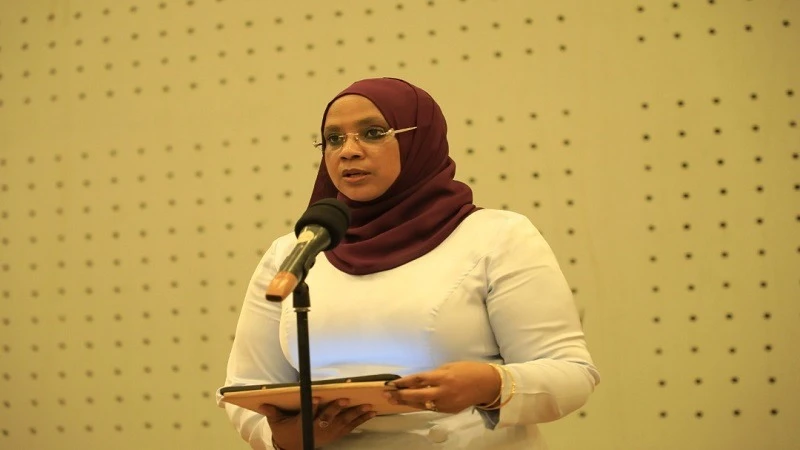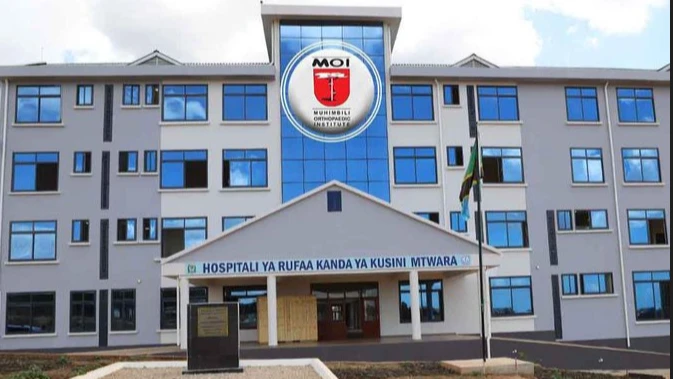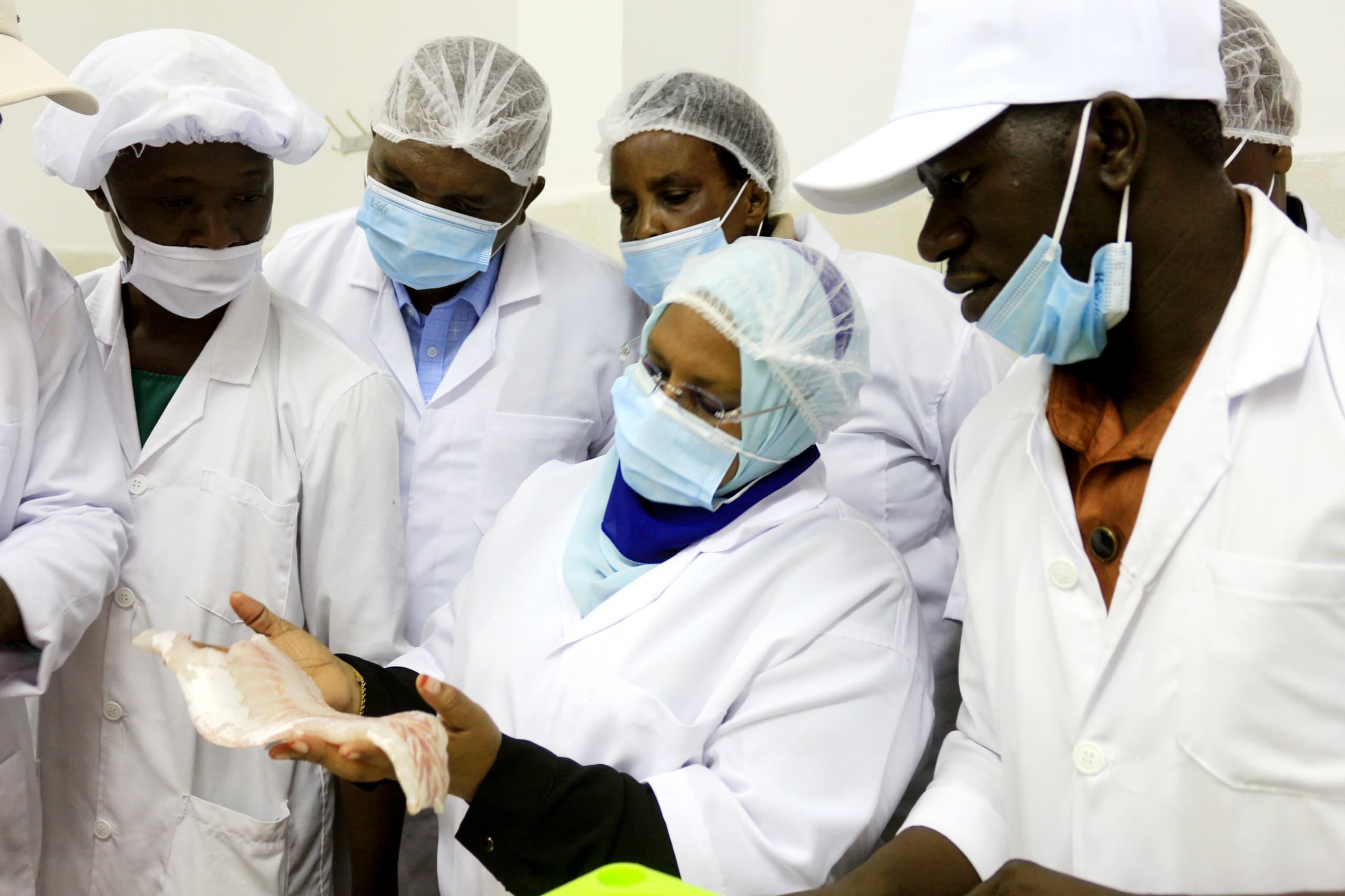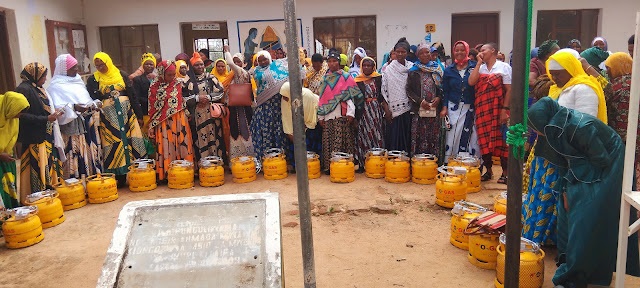Organisation advocates for organic farming, environment conservation
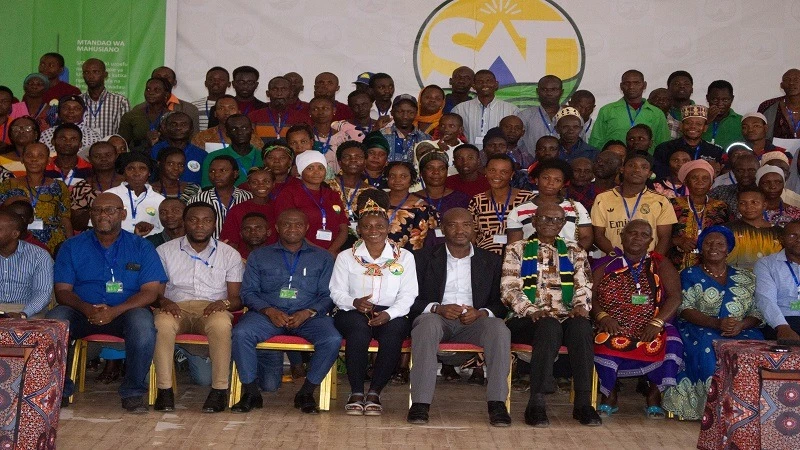
THE Sustainable Agriculture Tanzania (SAT) has reaffirmed commitment to continue expanding its operations to reach more farmers across the country in order to transform agriculture, fight poverty and improve livelihoods.
The non-profit organisation, which currently works with over 200,000 farmers in 16 regions, focuses on promoting organic farming and modern livestock practices.
Janet Maro, executive director of Sustainable Agriculture Tanzania (SAT) made the remarks over the weekend in Morogoro during the 2024 Agro-ecological Forum, Seed Fair, and Organic Food Festival held in Morogoro.
She said as part of its expansion, SAT welcomes new farmers into its fold, with over 70,000 new members joining various farming groups this year.
“The organisation continues to play a pivotal role in transforming agricultural practices and improving the livelihoods of farmers and pastoralists through education, skills training, and providing tools necessary to shift mindsets towards more sustainable farming practices,” she said.
She commended the government for its continued support, which has made it easier for the organisation to reach more farmers and pastoralists with vital resources.
“The support we receive from the government has been instrumental in our work. It enables us to deliver the knowledge, skills, and tools required to transform farming practices and enhance livelihoods,” she said.
One of SAT’s key projects, Mkulima Mbunifu Magazine, has been instrumental in spreading awareness and education on organic farming to a large number of farmers across the country.
In addition to educational initiatives, SAT is planning to construct a maize and sunflower processing factory in Dodoma, which will serve as a crucial step in adding value to locally produced crops.
The new venture is part of SAT’s broader mission to promote agroecological practices, improve food quality, and contribute to a healthy society and environment.
“Our major aim is to instil knowledge and skills in organic farming, enabling Tanzanians to embrace agro-ecological practices that produce high-quality organic food and products,” she said.
She added: “We are committed to advocating for change in how farming is viewed and practiced, ensuring that farmers are equipped to face the challenges of the modern agricultural landscape.”
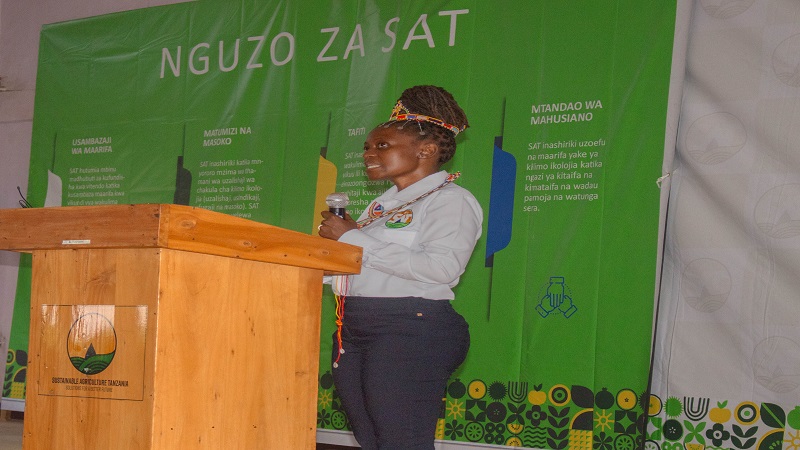
According to her, through various formed cooperative unions, thousands of farmers in various villages have been working in synergy to produce various crops including species and selling them to near and distant markets.
To date, SAT has successfully grown over one million tree seedlings in various regions of Tanzania.
Additionally, SAT has been working on promoting the use of traditional seeds, stressing the need for more education to help the public embrace sustainable farming methods.
Morogoro regional agriculture specialist, Evance Gambishi commended SAT for the initiatives which backs the government’s efforts to transform the agriculture sector and fight poverty.
He also commended the organisation for the forum which has brought together farmers, livestock keepers and stakeholders from various parts to further strengthen collaboration in the fight against climate change by promoting agroecological practices.
He said authorities in the region were working hard to promote and support sustainable farming that prioritizes environmental conservation.
He noted that organic farming protects soil and land, cost effective and promotes a healthy society.
Gambishi encouraged farmers in the country to embrace agro-ecological practices in order to produce enough and tasty foods while also protecting the environment.
He noted that last year, the government, in collaboration with various stakeholders, launched a national strategy to promote ecological farming, which complements the work that SAT is doing on the ground.
Julia Samson Laton, a farmer from Mangae Village in Mvomero District thanked SAT for its support in lifting farmers out of “knowledge darkness.”
“SAT has been an incredible help to us. Many of us were living deprived lives, but this organisation came to our aid, transforming our farming practices and improving our livelihoods,” she said.
The forum brought together participants from various parts with some of them exhibiting traditional seed varieties namely, pumpkin, soybean, sunflower, pawpaw, okra, cowpea, chickpea, and sesame.
Top Headlines
© 2024 IPPMEDIA.COM. ALL RIGHTS RESERVED









